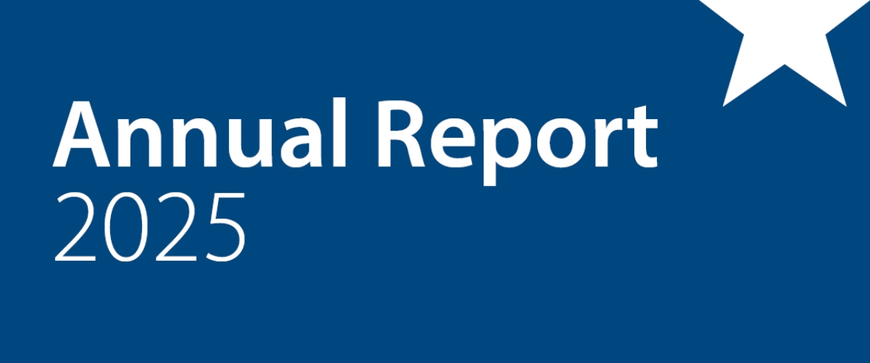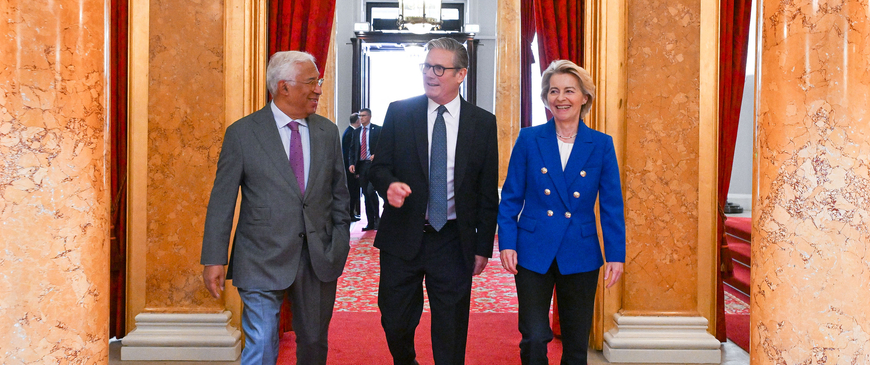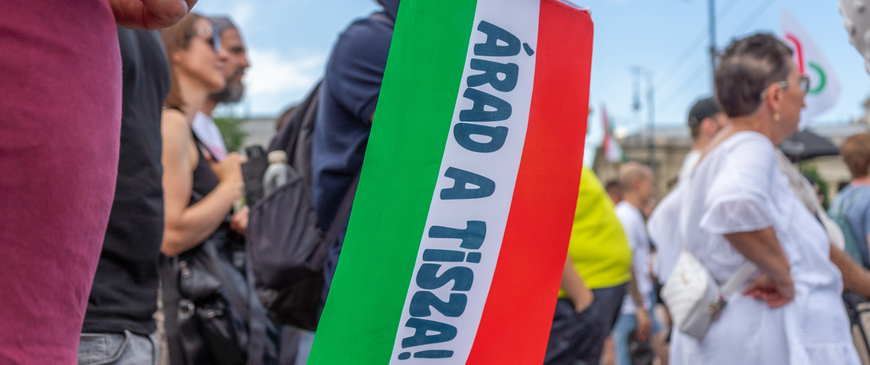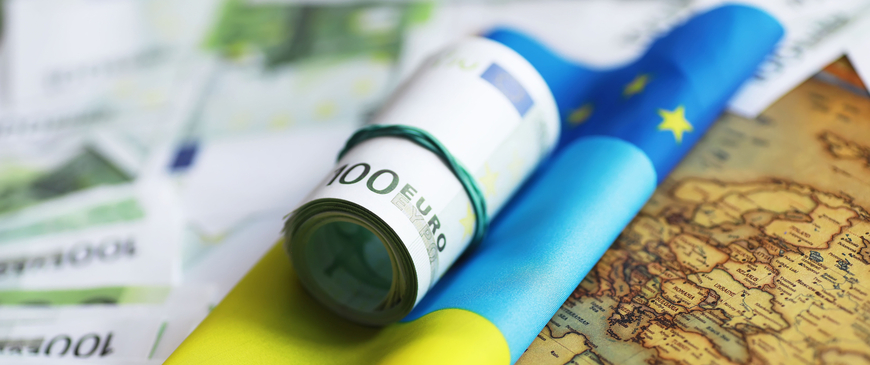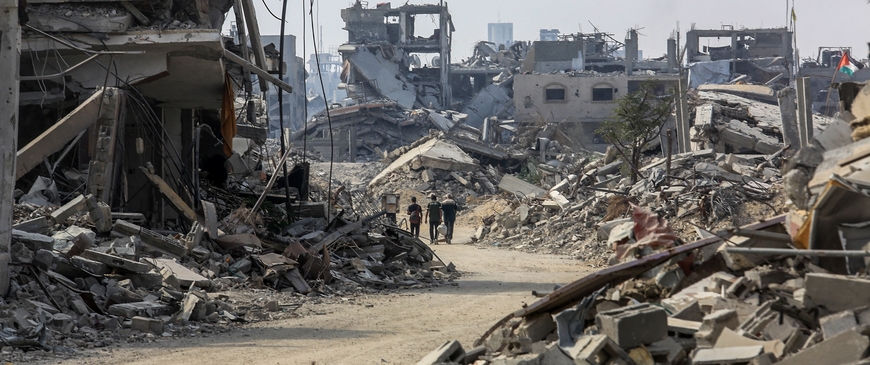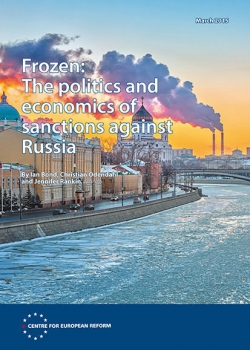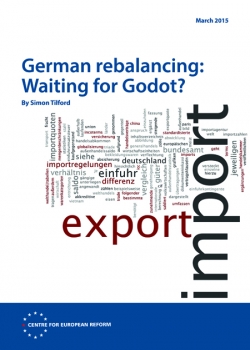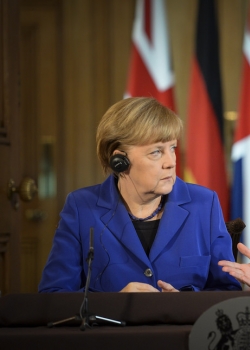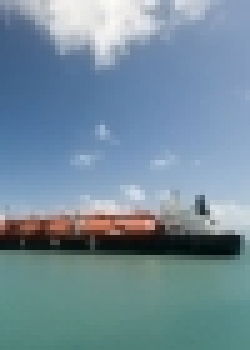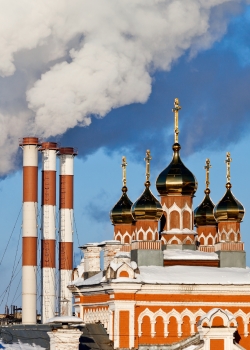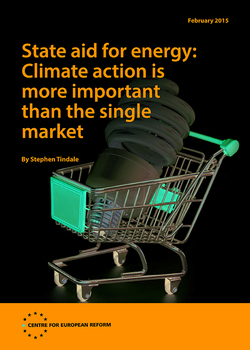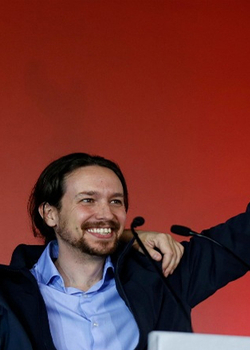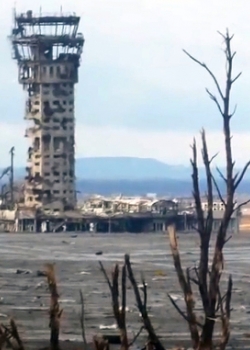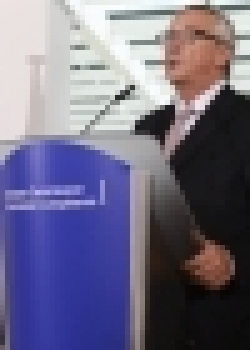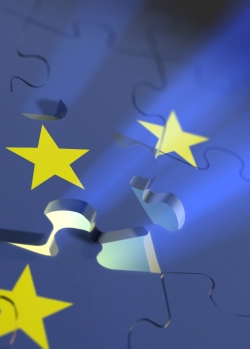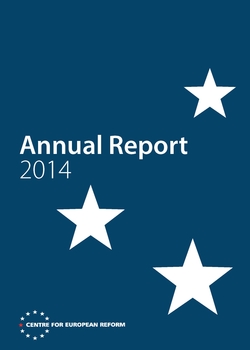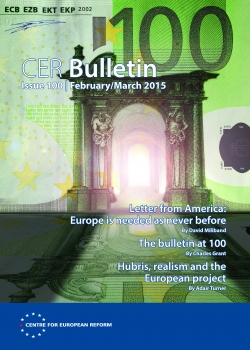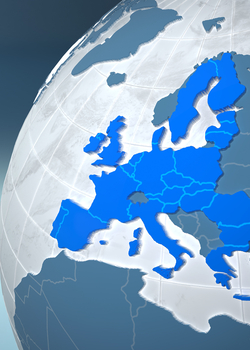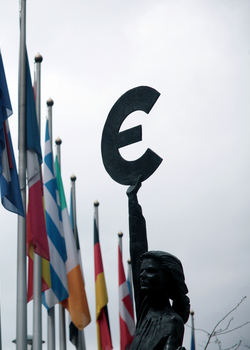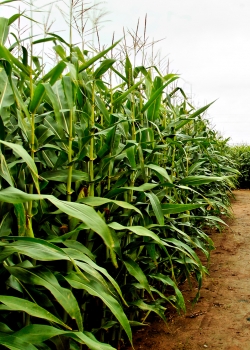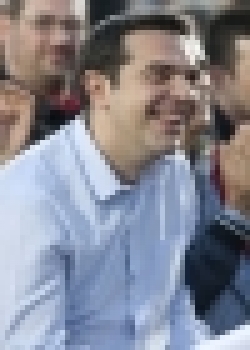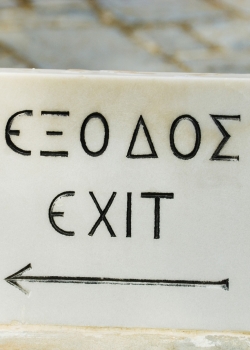Research
Frozen: The politics and economics of sanctions against Russia
16 March 2015
Western sanctions are hurting Russia more than Europe. They will remain an essential tool to prevent a strong and aggressive Russia dominating its neighbours.
German rebalancing: Waiting for Godot?
09 March 2015
Far from rebalancing, Germany’s trade surplus continues to grow. This is in nobody’s interests. The German government could and should take steps to reduce it.
David Cameron, Janan Ganesh and renegotiating EU membership
04 March 2015
In any renegotiation with the EU, Britain should not ask for opt-outs from social policy or financial regulation. But it should seek safeguards for the single market.
The Commission’s energy union ‘strategy’: A rebranded work programme
27 February 2015
President Juncker promised that his Commission would be more political. But its 'energy union' strategy is too timid and bureaucratic, and lacks focus.
Reduced to rouble? An update on the Russian economy
24 February 2015
The Russian economy is heading for a long recession. Economic collapse, which could still occur, is not in the West's interests.
State aid for energy: Climate action is more important than the single market
23 February 2015
The Commission has handled the issue of state aid for nuclear energy well, but should use its powers to end coal subsidies.
No, we can't: Why Podemos is not Syriza
20 February 2015
It is unlikely that Podemos will win Spain’s general elections. Podemos advocates for a reformed EU but will not be confrontational with the European institutions.
Russia's war in Ukraine: Is Minsk the end, or just the start?
13 February 2015
Putin was the winner in Minsk. Fighting in Ukraine is paused, not finished. Ukraine must reform faster, while the West adapts to confrontation with Russia.
Juncker's three steps to improve the Commission's standing in the EU
11 February 2015
Juncker has taken three steps to strengthen the Commission’s hand in European politics but he must still prove he can avoid repeating Barroso’s mistakes.
The bulletin at 100
02 February 2015
The EU faces existential threats – internal and external – that did not exist when the bulletin was at 50. But the CER will keep proposing reforms.
Annual report 2014
02 February 2015
Charles Grant discusses three challenges facing the EU in 2015: the combined problems of Russia and Ukraine; the continuing fragility of the eurozone; and the growing risk of Brexit.
Issue 100 - 2015
02 February 2015
- Letter from America: Europe is needed as never before, David Miliband
- The bulletin at 100, Charles Grant
- Hubris, realism and the European project, Adair Turner
Letter from America: Europe is needed as never before
02 February 2015
The EU needs projects that bring together all 28 of its members. And it needs distinctive centre-left and centre-right agendas.
Hubris, realism and the European project
02 February 2015
Unless EU leaders are willing to establish a more complete economic union, a controlled breakup of the eurozone might be the least bad option.
Genetically modified crops: Time to move on from theological dispute
30 January 2015
GMOs should not be supported or opposed as a single technology. The compromise that the Juncker Commission has negotiated must now be implemented.
After Paris: What’s next for the EU’s counter-terrorism policy?
27 January 2015
After the Paris shootings, the EU should focus on advancing its already-agreed counter-terrorism agenda, while ensuring a fair balance between privacy and security.
The implications of Syriza’s victory
26 January 2015
Greece is not at imminent risk of leaving the euro. But the negotiations will be difficult and uncertainties over Greece's membership will persist.
Quantitative easing alone will not ward off deflation
21 January 2015
Quantitative easing alone will do little to boost the eurozone economy. The ECB needs to shift expectations and this requires a different approach to monetary policy.
Mogherini's mission: Four steps to make EU foreign policy more strategic
19 January 2015
EU foreign policy can become more strategic with bureaucratic changes, a new security strategy and more committed capitals.
Greece will remain in the euro for now
16 January 2015
Neither Greece nor the eurozone want Grexit, and it is unlikely to happen. But neogiations will be difficult and uncertainties over Greece's membership will persist.

